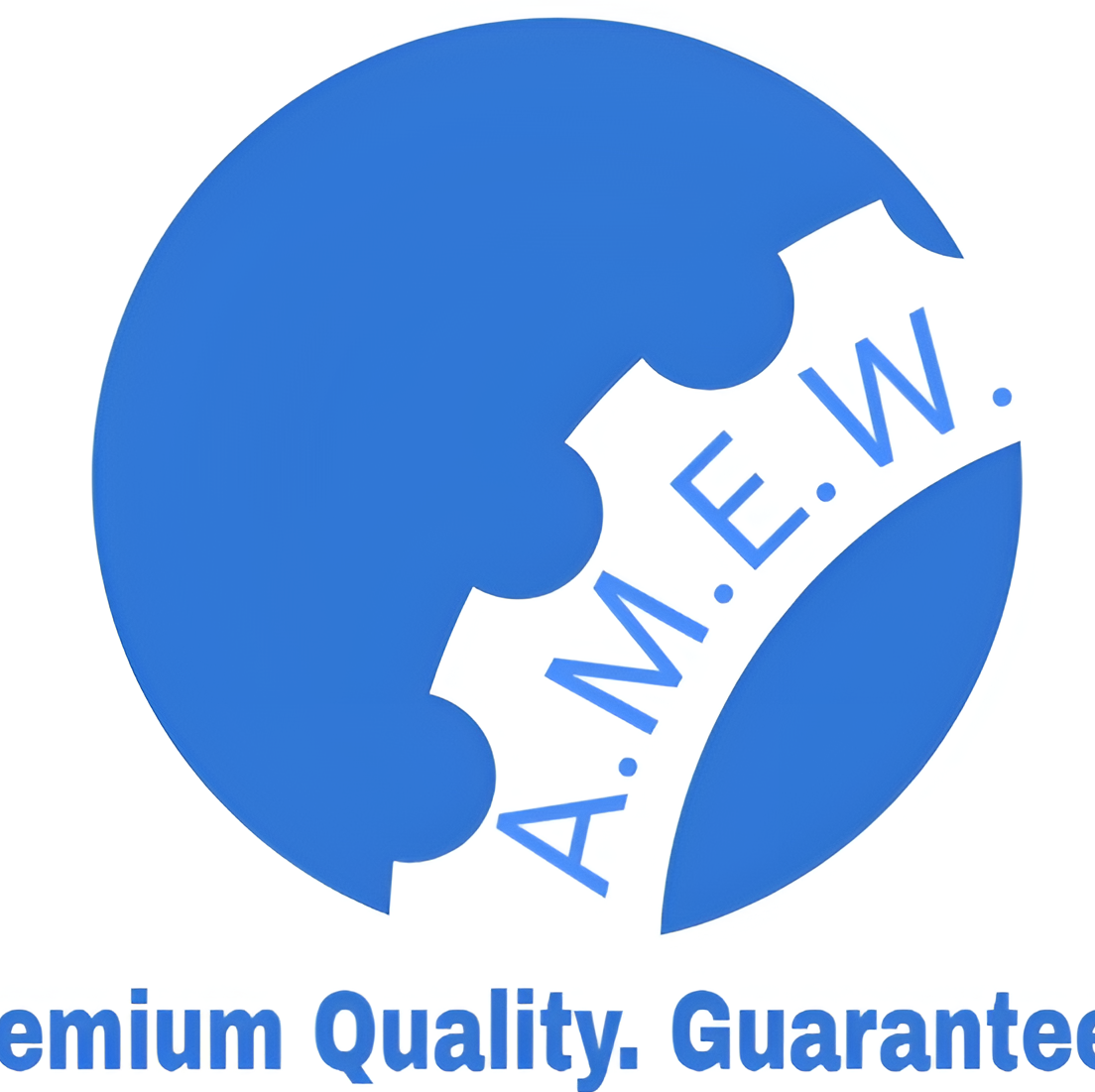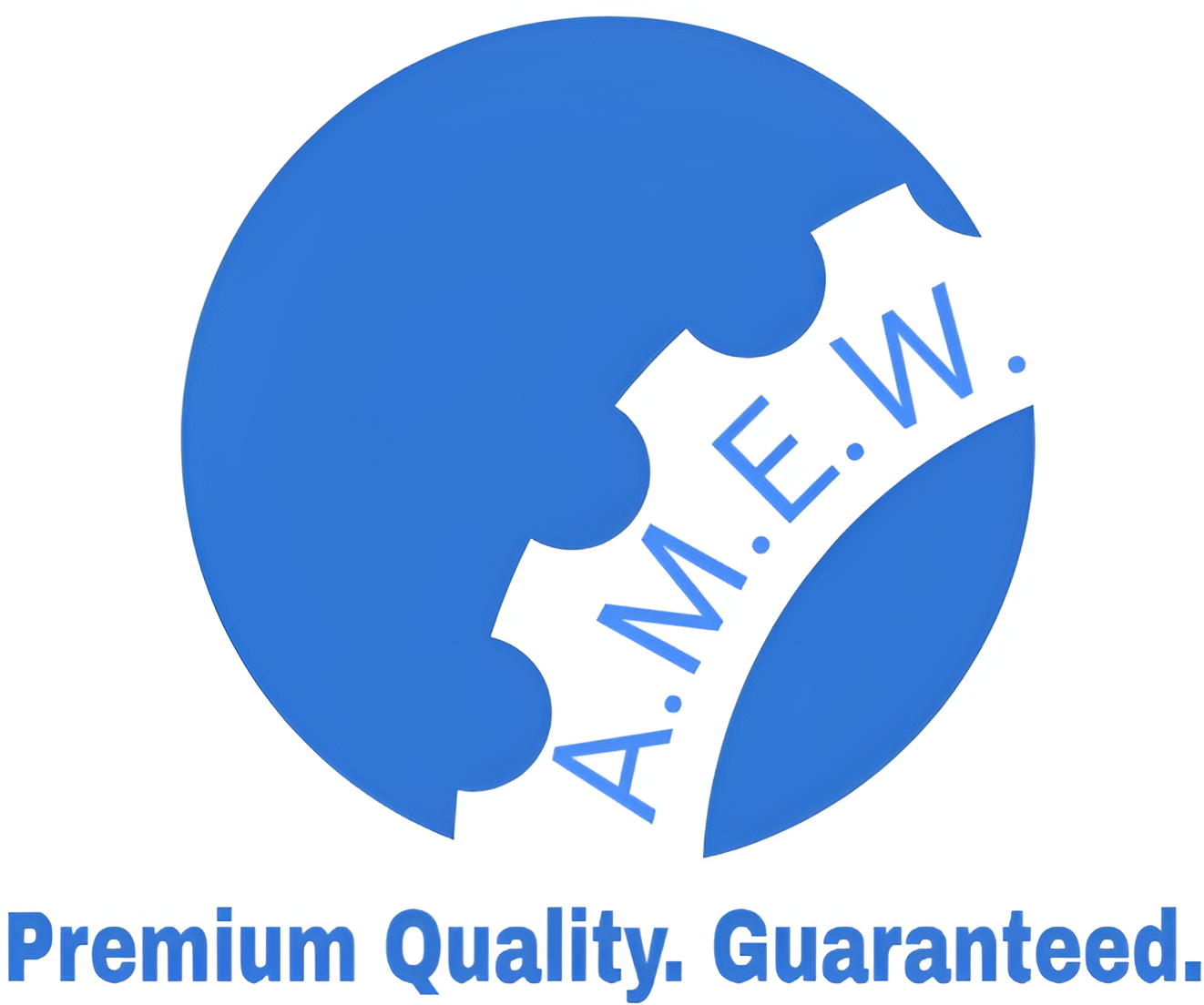Everything You Need to Know About Rubber Mill Rolls
Rubber mill rolls play a crucial role in industries requiring precision, efficiency, and durability. Whether you’re in manufacturing, processing, or production, understanding the importance of these tools can help optimize operations and ensure high-quality outputs.
This blog explores everything you need to know about rubber mill rolls, from their types and materials to their applications and maintenance. By the end of this post, you’ll have a comprehensive understanding of why investing in high-quality rubber mill rolls is vital for your business.
What Are Rubber Mill Rolls?
Rubber mill rolls are cylindrical tools used in various industries, designed to process, shape, or finish materials like rubber, plastics, and polymers. They are typically mounted on rolling machines and subjected to high pressure and temperature to ensure efficient processing.
These rolls are essential for ensuring consistency and productivity in manufacturing processes, helping industries meet tight quality standards.
Types of Rubber Mill Rolls
Rubber mill rolls are not one-size-fits-all. They come in various types, each tailored to specific applications. Here are the main categories:
1. Mixing Rolls
Designed for blending materials, mixing rolls are commonly used in rubber and plastic industries. They facilitate thorough material homogeneity, ensuring that compounds like rubber and additives are evenly distributed.
2. Calendering Rolls
Calendering rolls are used for creating sheets of uniform thickness in textiles, plastic films, or rubber layers. These rolls typically ensure precision and accuracy, making them ideal for demanding applications.
3. Coating Rolls
Used to apply coatings or laminations over sheets or fabrics, these rolls help industries enhance the quality and functionality of end products, such as waterproof fabrics or protective layers.
4. Grinding & Polishing Rolls
Rubber rolls with specialized surfaces for grinding and polishing are often used to refine materials and achieve excellent finishes.
5. Custom Rolls
Custom rubber mill rolls are designed to cater to unique requirements, accommodating industries with specialized applications such as food processing or automotive part manufacturing.
Materials Used in Rubber Mill Rolls
The performance of rubber mill rolls largely depends on the materials used in their construction. Different materials are chosen based on factors like durability, heat resistance, or friction control. Here are some common materials:
1. Natural Rubber
Natural rubber is often chosen for its elasticity and excellent grip properties. It’s commonly used in applications where flexibility and resilience are key.
2. Synthetic Rubber
Synthetic rubbers, such as nitrile or EPDM, are designed to resist abrasion and withstand extreme temperatures. They are ideal for industrial environments with harsh working conditions.
3. Polyurethane
Polyurethane rolls are valued for their high durability, corrosion resistance, and ability to handle heavy loads.
4. Silicone
Silicone is preferred for its extreme temperature resistance and non-stick properties. Applications involving food or pharmaceuticals frequently utilize silicone rolls.
5. Metal & Composite Cores
Cores made from sturdy materials like steel or composite alloys are commonly used to reinforce the roll and provide structural strength.
Applications of Rubber Mill Rolls
Rubber mill rolls are indispensable across a wide range of industries. Here are the primary applications:
1. Rubber Manufacturing
Rubber mill rolls are integral to mixing, shaping, and processing rubber products, whether it’s for tires, gaskets, or conveyor belts.
2. Plastics Industry
From laminating plastic films to manufacturing thermoplastics, rubber mill rolls play a pivotal role in ensuring product uniformity and efficiency.
3. Textile and Paper Industries
Rubber mill rolls are used in the calendering and coating processes to create smooth, evenly pressed textiles, or polished paper surfaces.
4. Food & Beverage
Specialized rubber mill rolls ensure safe and efficient processing in the food and beverage industry. Applications may include dough preparation or packaging laminations.
5. Printing
High-precision rolls help keep printing operations smooth and consistent, improving print quality on items like textiles, paper, and packaging.
Maintenance and Care Tips
Proper maintenance of rubber mill rolls will prolong their lifespan and ensure consistent performance. Here are some essential tips:
1. Regular Cleaning
Frequently clean the rolls to remove debris and residue. Use appropriate cleaning agents, especially if the rolls are used for food or pharmaceuticals.
2. Inspect for Wear and Tear
Periodically check for signs of wear, such as cracks, scratches, or uneven surfaces.
3. Proper Storage
Store rolls in a cool, dry environment when not in use to prevent moisture buildup or material degradation.
4. Lubrication
Keep the rolls adequately lubricated to reduce friction during operation and avoid overheating.
5. Professional Servicing
Have your rubber mill rolls professionally serviced at regular intervals. Re-grinding and refinishing can restore their shape and performance.
Benefits of Using High-Quality Rolls
Investing in high-quality rubber mill rolls may seem costly upfront, but it pays off in the long term. Here’s why:
1. Improved Efficiency
High-quality rolls reduce processing errors and downtime, ensuring smoother, faster operations.
2. Better Product Quality
Premium rolls deliver more consistent results, leading to higher-grade end products.
3. Cost Savings
Durable materials and superior craftsmanship mean reduced maintenance costs and fewer replacements over time.
4. Enhanced Safety
Top-grade rolls minimize operational risks, providing a safer environment for workers.
5. Sustainability
Long-lasting rolls reduce material waste and energy consumption, making operations more eco-friendly.
The Future of Rubber Mill Rolls
Advancements in material science and manufacturing technology continue to shape the future of rubber mill rolls. Innovations like smart sensors embedded in rolls, enhanced eco-friendly materials, and custom 3D-printed designs are becoming commonplace.
These changes ensure that rubber mill rolls will remain a core component of industrial processes, offering businesses improved performance, cost savings, and sustainability benefits.
Invest in Excellence Today
Rubber mill rolls are undeniably vital to countless industrial applications. From ensuring uniformity in product manufacturing to increasing operational efficiency, their role cannot be overstated.
If you’re looking to upgrade your equipment or find high-quality rolls tailored to your needs, connect with industry experts and stay ahead in your field. The right rolls can mean the difference between good output and exceptional results.

